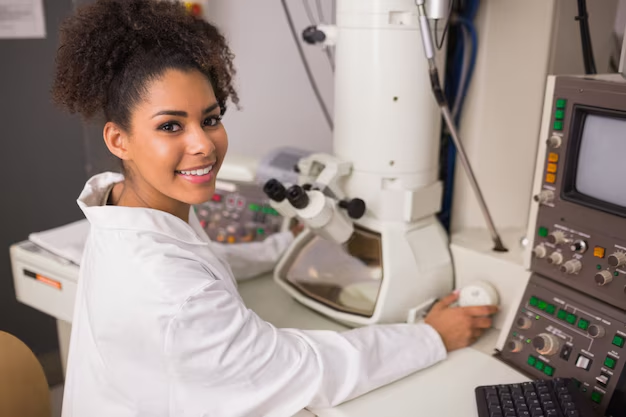How to Become a Medical Laboratory Technician: Education and Certification Guide
Embarking on a career as a Medical Laboratory Technician (MLT) requires a blend of specialized education and hands-on experience. Typically, the journey begins with enrolling in an accredited associate degree program in medical laboratory technology or a related field, such as clinical laboratory science. These programs, often found at community colleges and technical schools, equip students with the critical skills necessary for laboratory work, including specimen analysis and equipment handling. Emphasizing the importance of in-depth learning, these programs ensure candidates are well-versed in both theoretical and practical aspects of the job.
Beyond obtaining a degree, aspiring MLTs must consider certification, which can significantly enhance employability and career prospects. Organizations like the American Society for Clinical Pathology (ASCP) offer certification exams that validate a technician's expertise and commitment to maintaining high industry standards. Furthermore, some states may require additional licensure, underscoring the need to understand local regulations. Embarking on this educational and certification path not only sets the foundation for a successful career but also positions individuals at the forefront of a rapidly evolving field.
Education and Certification Pathway
-
🎓 Associate Degree in Medical Laboratory Technology
Duration: Typically 2 years -
📜 Certification by the American Society for Clinical Pathology (ASCP)
Highly recommended for career advancement -
🏢 State Licensure
Required in certain states; check local regulations -
📚 Bachelor’s Degree (Optional)
Further enhances career opportunities and specialization options
